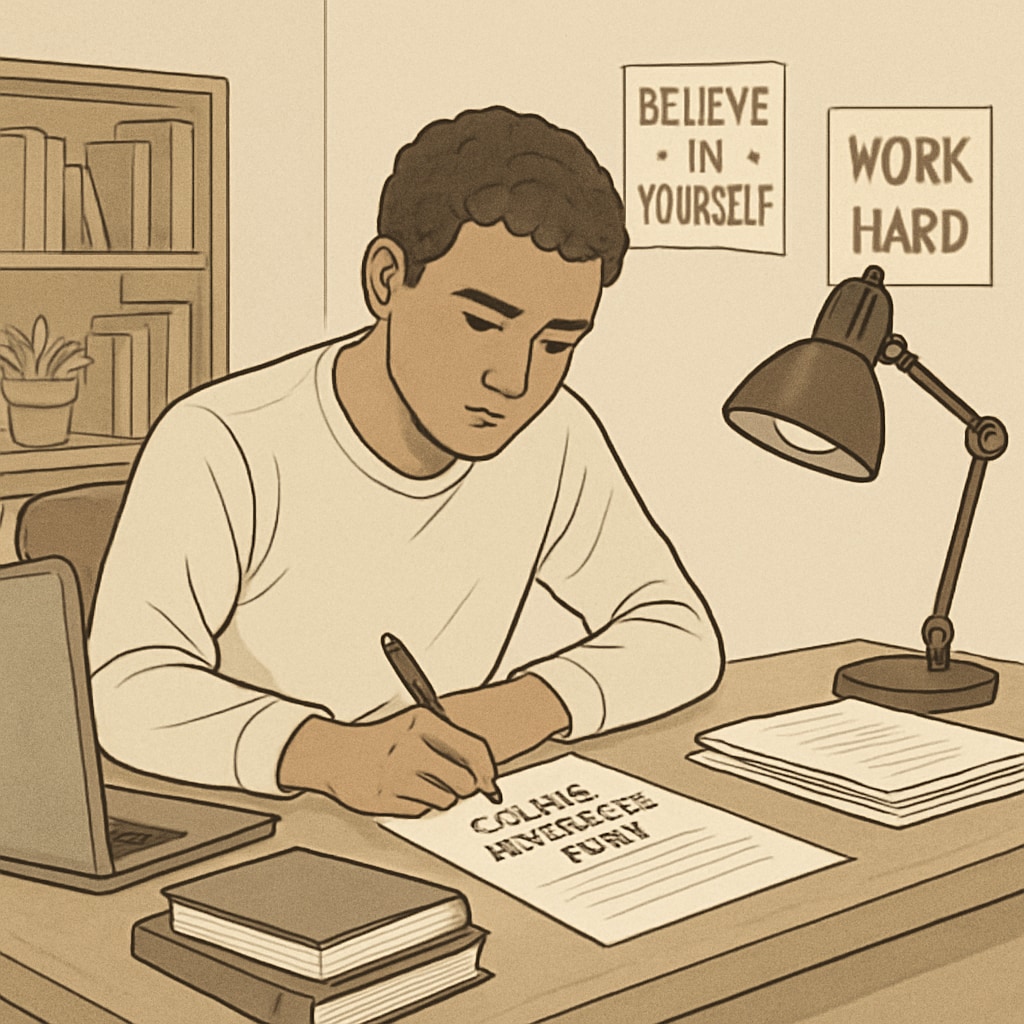Can a single low grade in a mandatory course, such as the CALM curriculum, derail your dreams of attending Harvard University? With the intense competition for spots at elite institutions, many high school students worry that a subpar performance in one subject might overshadow their other accomplishments. This article delves into the implications of low grades in mandatory courses on Harvard admission, examines the holistic review process employed by top universities, and offers actionable advice for students facing academic challenges.
Understanding Harvard’s Holistic Admissions Process
Unlike many universities, Harvard employs a holistic admissions process, which evaluates applicants beyond their academic scores. While grades undoubtedly play a significant role, other factors such as extracurricular involvement, personal essays, recommendation letters, and life experiences are equally important. According to the official Harvard admissions page, the university seeks students who demonstrate intellectual curiosity, leadership potential, and resilience.
Therefore, a single low grade—like a 69% in a mandatory course—does not necessarily disqualify you. Admissions officers often consider the context of your academic performance. For example, was this grade an anomaly due to external circumstances? Did you show improvement in subsequent semesters? Were you proactive in addressing the issue? These factors can mitigate the impact of a low score.

How Mandatory Courses Could Factor Into Admissions
Mandatory courses, such as CALM (Career and Life Management), often serve as benchmarks for assessing a student’s ability to handle foundational subjects. While a low score in such courses might raise questions, it is essential to remember that admissions committees rarely base decisions on individual grades alone. Instead, they evaluate trends across your academic transcript.
If you faced challenges in a mandatory course, consider using your application essays to provide context. For instance, you could explain how you overcame challenges, sought additional help, or used the experience as a learning opportunity. This narrative can demonstrate growth and resilience, traits highly valued by elite universities.
Practical Strategies to Address Academic Setbacks
Academic setbacks are inevitable, but how you respond to them can make all the difference. Below are strategies to help students navigate low grades:
- Seek Support: Consult with teachers, tutors, or school counselors to identify areas for improvement.
- Focus on Improvement: Demonstrate consistent growth in subsequent semesters to show your commitment to academic success.
- Leverage Strengths: Highlight achievements in other areas, such as extracurricular activities, leadership roles, or unique talents.
- Communicate Effectively: Use application essays to explain the circumstances behind the low grade and what you learned from the experience.
- Maintain Perspective: Remember that a single grade does not define your overall potential or worth.

Adopting a Resilient Mindset
Perhaps the most critical factor in overcoming academic setbacks is cultivating resilience. Students should understand that their worth is not defined by a single grade or even their acceptance into a particular university. Instead, focusing on personal growth, developing a proactive attitude, and maintaining a positive outlook can lead to long-term success.
In addition, remember that life offers many paths to achievement. While Harvard may be a dream for many, other universities and opportunities can provide equally fulfilling experiences. For example, institutions with strong programs in your area of interest may offer a better fit than a generalized Ivy League education.
As a result, students should strive to present a well-rounded application, emphasizing their strengths and addressing weaknesses constructively. This approach not only aligns with holistic admissions practices but also sets the stage for future success.
Ultimately, one low grade in a mandatory course, such as the CALM curriculum, will not ruin your chances of admission to Harvard or other elite institutions. By focusing on improvement, resilience, and presenting your unique story, you can overcome academic setbacks and achieve your dreams.


